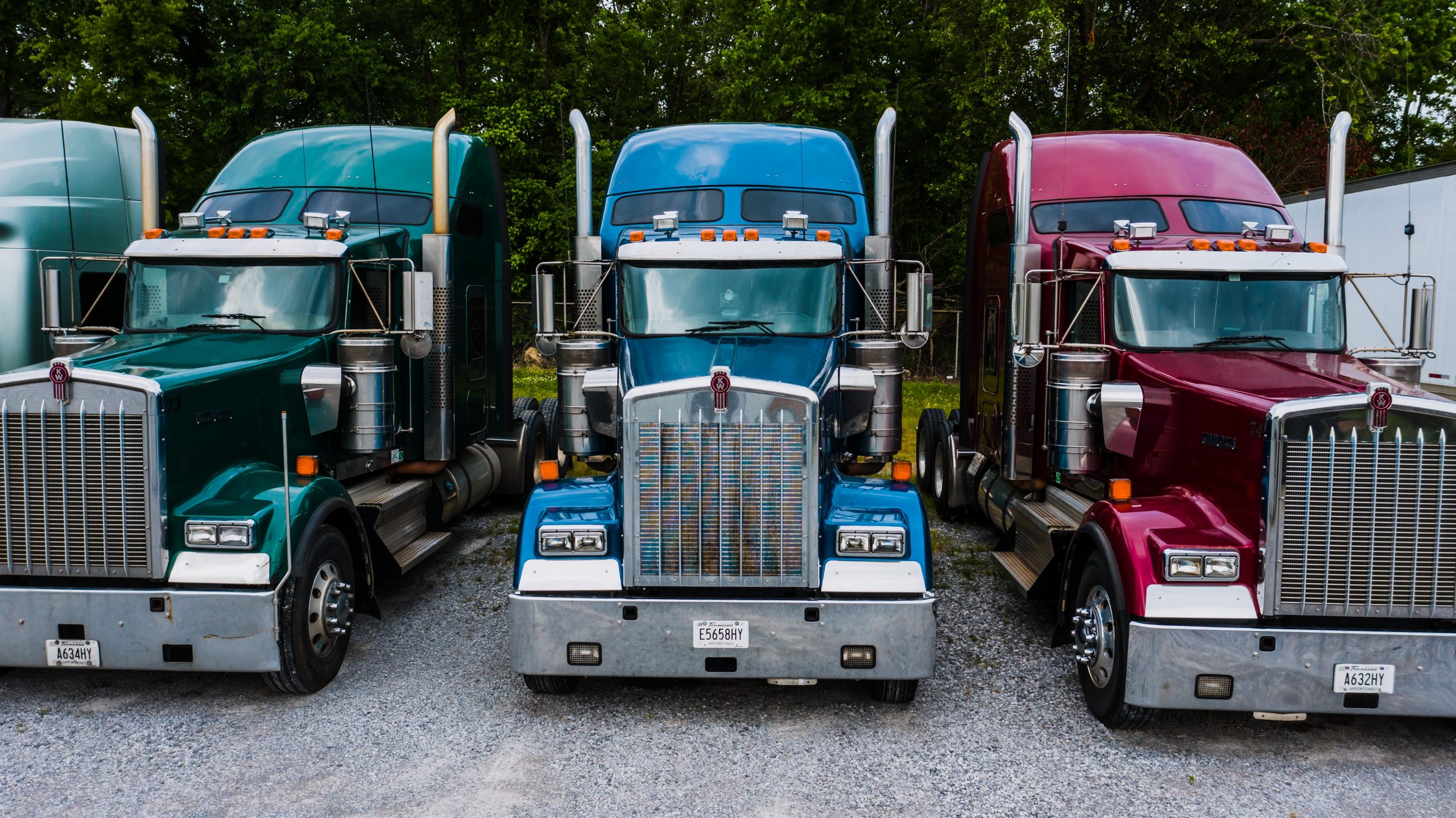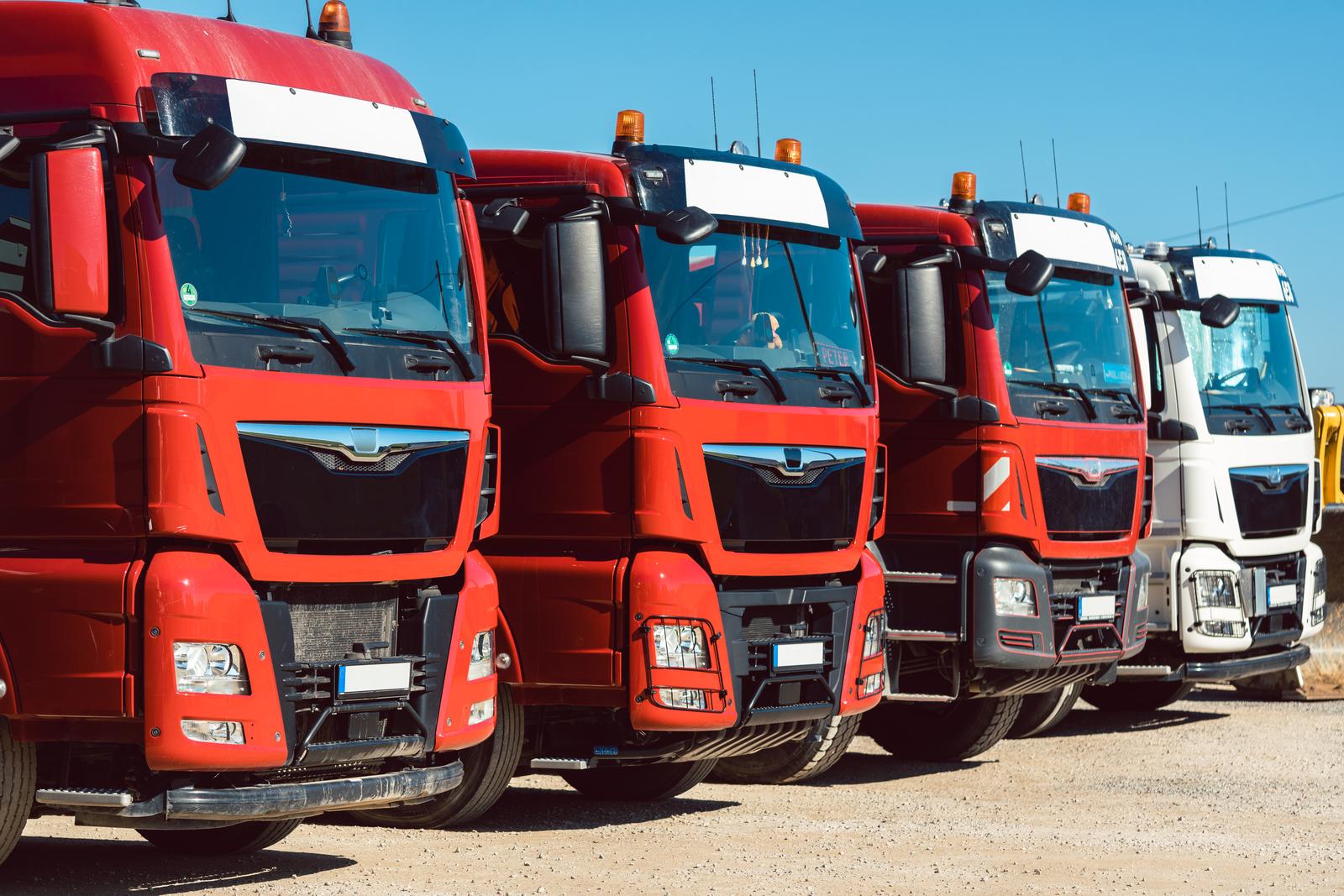
NZTA To Answer For Costly and Ridiculous New Brake Rules
Waka Kotahi – the New Zealand Transport Agency has admitted to making the wrong decision to introduce strict reforms on truck braking systems. The government agency has found itself back-tracking after thousands of haulage companies have objected the new rules.
It has been rushing to fix the situation, but truckers say they are staring down the barrel of $36 million of extra costs at least, and are having to take urgent action to keep fleets on the road.
On 1 April and to the surprise of many in the heavy vehicle industry, Waka Kotahi changed some key brake rules.
Its aim was to force operators to get brakes re-certified by a specialist engineer whenever a vehicle over 3.5 tonnes was modified. As that included the adding of a towbar, it covered many thousands of trucks. It also covered the many trucks that had their wheelbases altered to cope with the country’s winding roads, or if the job they were doing changed.
Southpac Trucks chief executive Maarten Durent said the extra checks were OK for major modifications but this snared new trucks, too.
“These vehicles are designed to tow trailers … they arrive here and the agency says ‘oh well, prove it’, get somebody to certify it. It’s just ridiculous.”
Major fleets with 100 or more trucks were now having to negotiate to keep vehicles on the road, Durent said.
“It’s starting to happen, and we’re trying to find a workaround for it.
“But it just becomes another excuse to red-sticker a truck, to block it, to create a delay, more costs … recertifying something that’s already certified [overseas] and built to a standard.”
‘Cost impact’
Motor Industry Association (MIA) chief executive David Crawford has written to Waka Kotahi, calling the changes “onerous” and an overreach, and estimating 20,000 trucks could incur an extra $1800 in costs and more in future.
“It’s had a cost impact already,” Crawford said.
One distributor told RNZ it would add “hugely” to their work.
The agency said major operators had not approached it, but it was having talks with industry bodies, certifiers and vehicle inspectors, and providing “direction while decisions … are being finalised”.
Truckers meet Waka Kotahi today and are expected to push for a climbdown.
Crawford said he understood why Waka Kotahi changed the rules in the first place.
“There is some pressure on them to improve the performance of heavy vehicles on the road. There have been a number of accidents where brakes have been called into question.”
Also, more trucks had more sophisticated electronic brake systems with software that had to fit with the wheelbase.
But both Crawford and Durent say Waka Kotahi had got the rule change wrong.

‘Incompetence’ alleged
A month after the 1 April change, Waka Kotahi rushed in a partial u-turn on 30 April.
It told certifiers it was so urgent, it was giving them only until that afternoon – just a few hours – to give feedback.
“Waka Kotahi received substantial feedback that the [April 1] amendment contradicted previous advice and that a retrospective application would cause difficulties,” it told certifiers.
“We believe industry raises a fair point.”
The partial U-turn had not fixed things, Durent and Crawford said.
Some distributors, certifiers and others in the industry, who declined to be named, said the brake change, followed by the U-turn, smacked of “incompetence” and of Waka Kotahi staff who lacked technical knowledge.
One certifier said the brake rule had long been a “shambles”; another said the rule had been widely disregarded for years.
The MIA said it had warned Waka Kotahi off making the 1 April changes – then late in the piece learned it was going ahead anyway.
“So we then scurried around to try and find out what was happening,” Crawford said.
‘Seems ridiculous’
Durent, who chaired the MIA’s heavy vehicle committee, said he got no heads-up at all.
The process seemed ridiculous, Durent said.
“They’re treating all vehicles as if they don’t comply. I don’t think it’s their intention to have to recertify every single truck that’s already in service, and to keep validating that on an ongoing basis.
“They just need to tidy that side of it up.”
Certifiers pointed out that Waka Kotahi knew all about the gross weight of trucks already, and that proved what was OK for towing.
Adding to overload
As for all the extra certifying, the country has only two dozen or so brake engineers authorised by Waka Kotahi and they are overloaded already.
Brake inquiries were already mounting up, said Malcolm Allen, head of the main certifying engineers group.
Crawford said Waka Kotahi did not spell out how the extra work would be done, and Durent predicted it could not be done.
“The queue will be beyond belief. They’ll never be able to process it all … there’ll be an enormous logjam,” he said.
Waka Kotahi declined an interview.
In a statement it said the brake rule was changed as part of a routine twice-yearly update. It received no feedback during the standard two-week consultation period, it added.
If you would like to read the full article head on over to the RNZ website.



